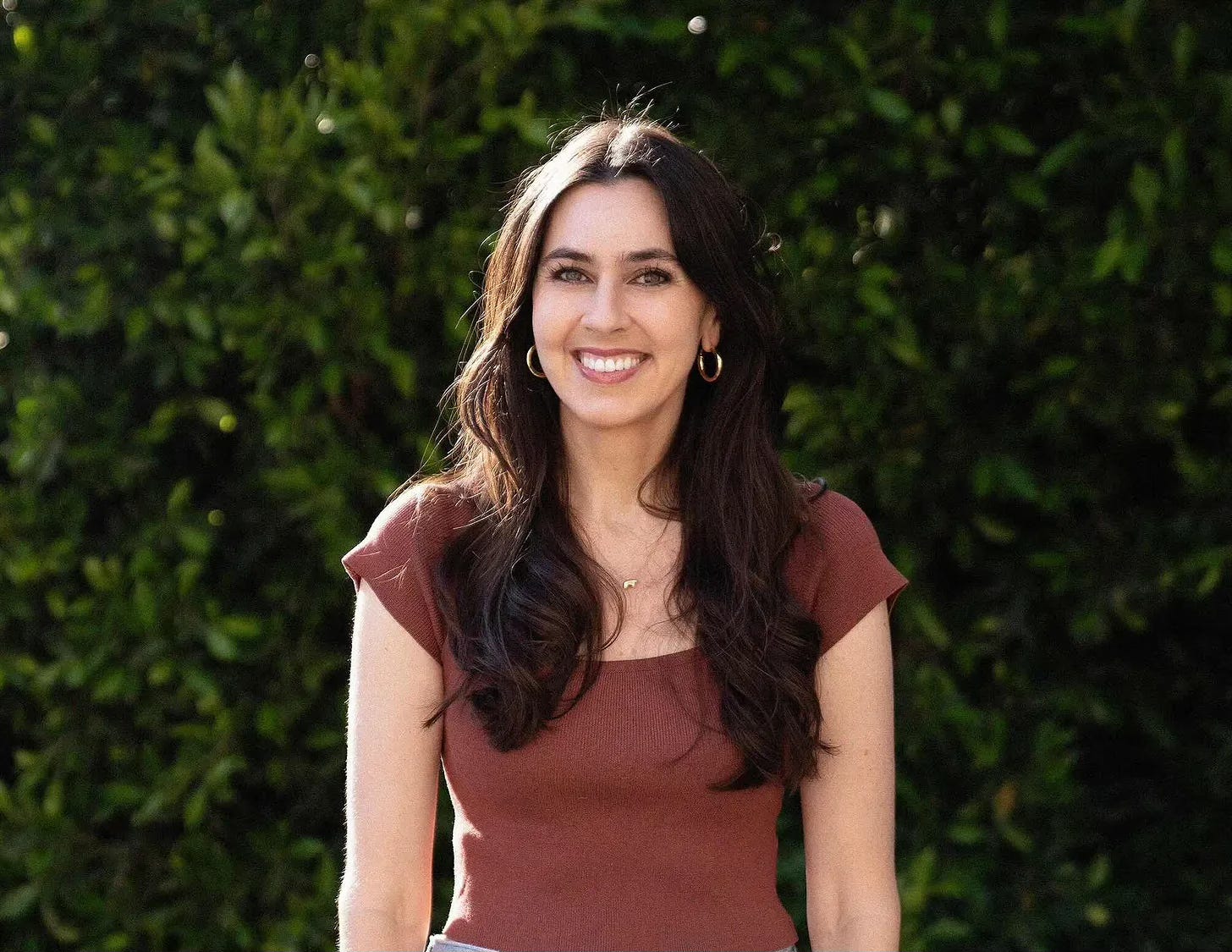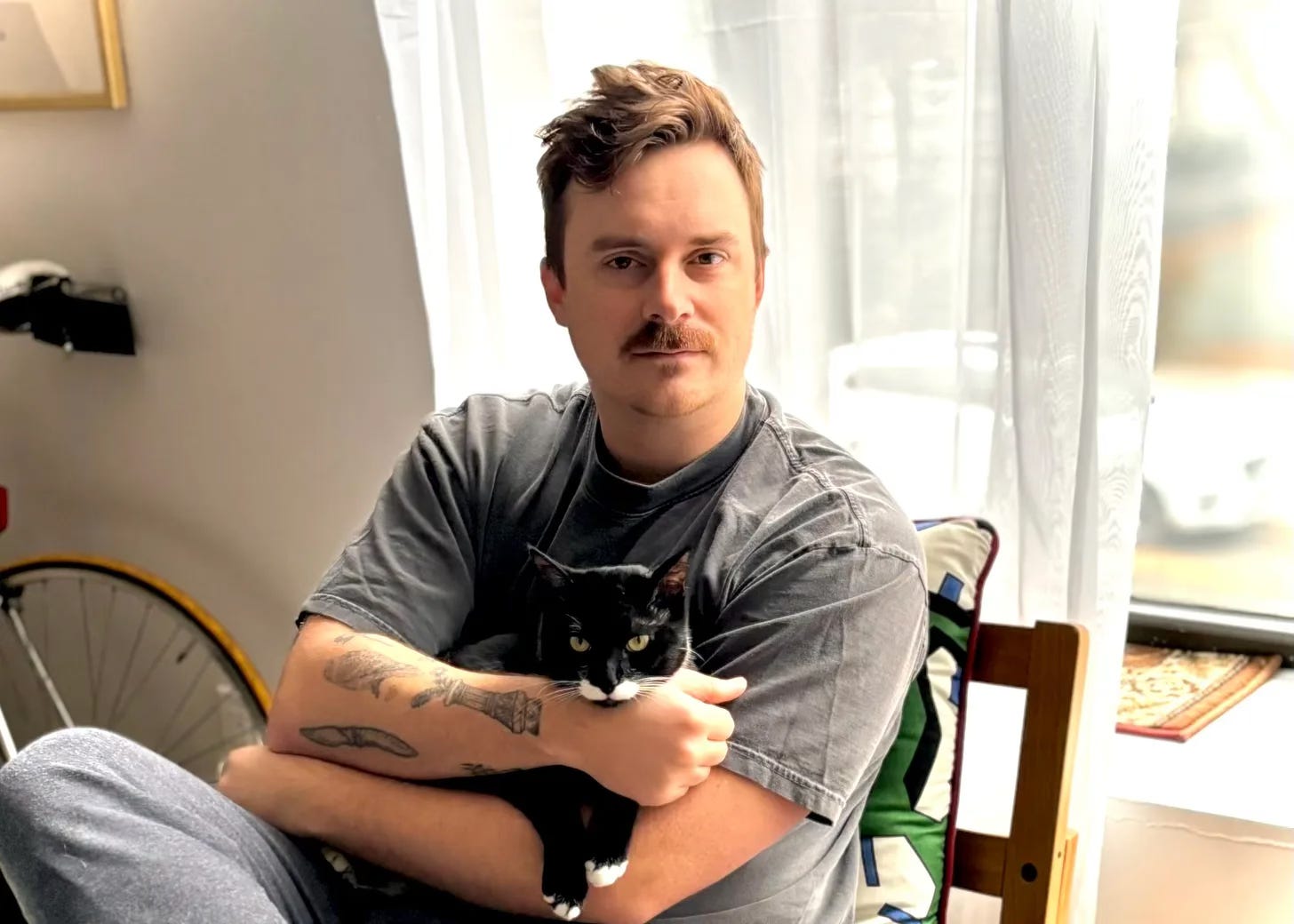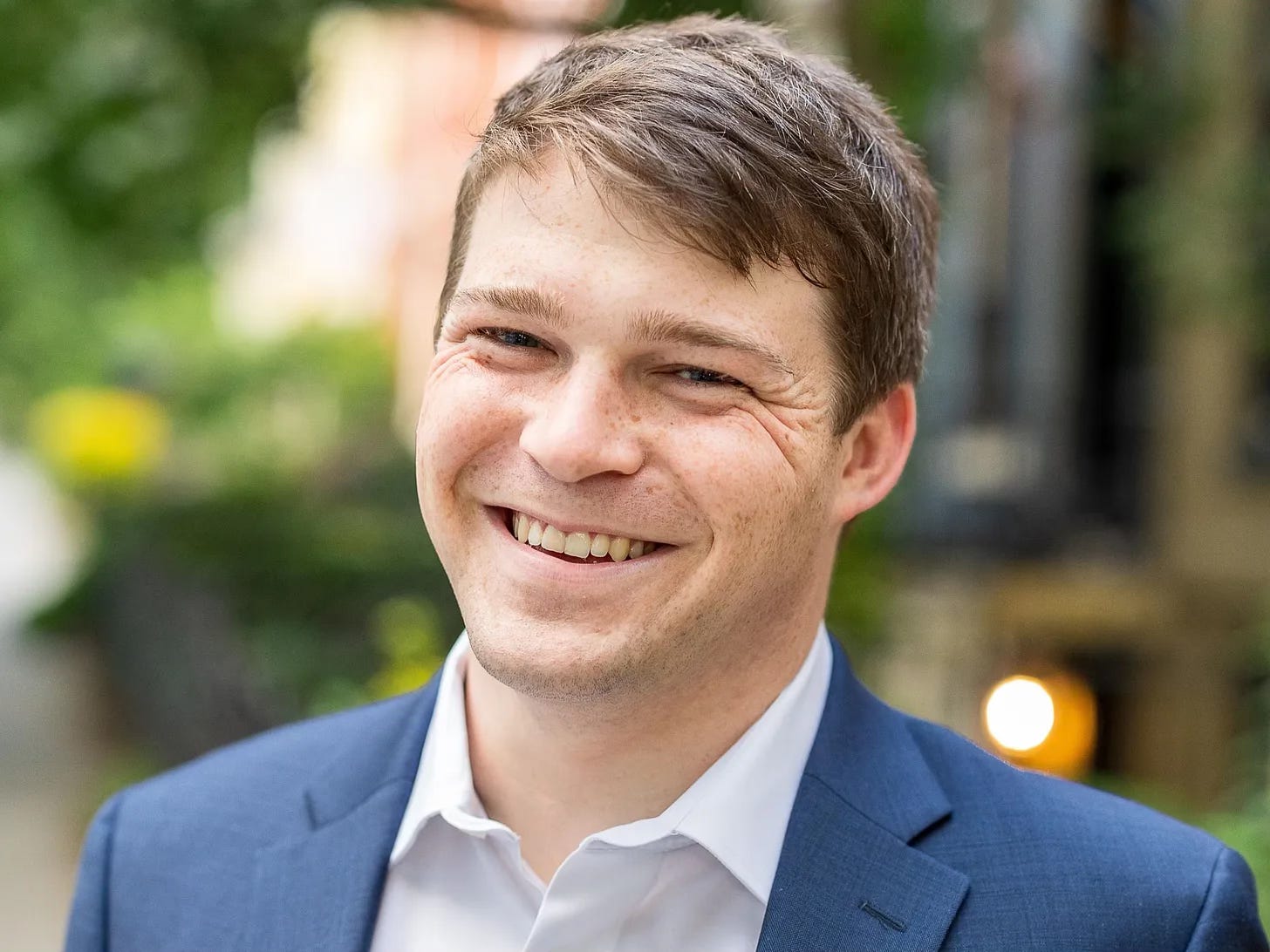What More Than 200 Journalists Think About the Future of the Industry
What we've learned in a year of talking to some of the smartest people in journalism.

Over the last year, we’ve talked to more than 200 journalists at every level, from newcomers to old-timers, startups to legacy media outlets, from small towns to big cities, covering everything from local news to the environment to national politics.
Some common themes emerged in their advice to aspiring journalists: A sense of dread about the current state of industry, a feeling of hope about its future, a general agreement that you should specialize and always, always meet deadlines.
These interviews are all available in full to subscribers, as is the first chapter of a planned book summarizing this advice and other resources. But we want to make sure that everyone who’s thinking about becoming a journalist can learn from it, so we’re putting a taste of some of the advice below.
If you value journalism, please consider taking this moment to subscribe to help subsidize Your First Byline so that we can keep going. If you are a working journalist, please ping us at yourfirstbyline@gmail.com to be featured in the newsletter. And if you have a Substack, please take a moment to recommend us to your readers.
With no further ado, here’s what we learned from more than 200 journalists about the future of the industry and how to get a job.
Don’t do it.
“If you are worrying whether journalism is a stable career path, don’t worry — it’s not.” — Keri Blakinger. • “If you are game to do anything else with your life, that's probably a good idea.” — Christopher Bonanos. • “Unless this is the only thing you want and know how to do, do not go into journalism.” — Tricia Romano. • “I often wonder if it's even ethical to tell people to pursue it given the broken state of the industry.” — Leigh Giangreco. • “I'm currently taking prerequisite classes for nursing school.” — Lauren Leffer.
Actually, do it.
“Don’t listen to people who tell you this is such an awful industry.” — Billy Ball. • “We all know the state of the industry, and we have to stay informed and realistic. But it won’t be useful to you or your work to stay stuck in that place.” — Natalie Delgadillo. • “The industry is admittedly in a precarious place right now, but if this is what you want to do, don’t let that deter you.” — Jonquilyn Hill. • “I remember hearing ‘just don't do it’ so many times, starting when I was editor-in-chief of a Model United Nations ‘magazine’ in high school. But I think most of us could never take that advice.” — Olivia Messer. • “I know the media landscape is tough, and our industry can be incredibly frustrating. But I promise you, journalism is an incredibly fulfilling career.” — Seema Mehta. • “It's a scary time to begin a career in journalism, but that doesn't mean you shouldn’t do it.” — Skylar Rispens.
Become a paid subscriber and read the first chapter of the “Your First Byline” book on how to get a job in journalism, based on the advice of more than 200 reporters and editors.
Start small.
“When you're young you should optimize for experience and learning and career growth above some prestige job that probably won't ever promote you out of an editorial assistant role.” — Taylor Lorenz. • “Start small, everything builds on itself.” — Laura Figueroa Hernandez. • “Once you get an opportunity, you must deliver.” — John Patrick Pullen. • “Consider moving to cities or states that are ‘news deserts,’ that don't get a lot of attention from state or national outlets.” — Arielle Zionts. • “Trade publications are wonderful places for any reporter, but they can be especially helpful as pathways for young reporters eager to learn the craft in a professional setting.” — Scott Nover. • “You can learn so much in a smaller newsroom, and you'll never be asked to do a coffee run because you'll have too much work to do.” — Katie Deighton. • “You won’t make a lot of money, but you will work, and you will learn the bones of the trade.” — Tricia Romano. • “You’ll draw on those skills forever.” — Carrie Levine. • “Don’t feel bad if you don’t have your dream job at 25—you have plenty of time!” — Heather Schwedel. • “Don't worry about getting to a fancy outlet too quickly — just find a place where you can get paid to do real reporting that has the opportunity to be original and stand out.” — Annie Karni.
Don’t work for free.
“Be firm about your worth and don't let anyone exploit your labor just because you're new.” — Tanvi Misra. • “Look up how much people make. Ask people how much they make. Don’t settle for less. Negotiate the offer.” — Olivia Krauth. • “Ask for more money.” — Anna Peele. • “If you think the article is worth a little more than what they’re offering, ask for it, but don’t overvalue it, either. Just see what you can get.” — Thor Benson. • “Here is a good mantra: Fuck You, Pay Me.” — Jack Crosbie. “NEVER, EVER work for free.” — Ej Dickson.
(Dissenting view: “First, the best way to get your feet wet is to be willing to do it for free.” — Matt K. Lewis.)
Join your union.
“Do not work for free and join your union.” — Emily Tamkin. • “I would not be here today if it weren't for the relationships I made through Twitter, the advice I got from group chats, and the spirit of collective action that being in a union instilled in me.” — Kelsey Weekman. • “We all need to support unionization efforts, worker-owned publications, and other ways to build equity, fair wages, and less dysfunction in media. Things are slowly turning around, but there's a strong headwind and a lot of terrible billionaires who want to see us fail, so we have to be brave and resilient and extremely patient.” — Anna Merlan.
Specialize.
“The media has contracted and the media is also, thanks to the flattening effect of the internet, very bland. Everyone is thinking the same and writing the same. If you're just starting out, this presents a real opportunity. Exploit it.” — Ross Barkan. • “Always be thinking about how you're differentiating yourself from other reporters.” — Tim Mak. • “The more specialized you can get, the better.” — Claire Hogan. • “Try to figure out what you can offer a publication that other people can't.” — Eve Peyser. • “Develop a specialty.” — Chuck McCutcheon. • “Make time to create the journalism that you really care about.” — Jesús Rodríguez. “Learn to speak another language, code for data journalism, become a FOIA wizard, produce for radio or video, or another skill that will make you stand out.” — Arielle Zionts. • “Specialize in an underreported area – some newsrooms will view you as an asset for doing so.” — Julia Métraux. • “The single best decision I think I ever made, career-wise, was going back to grad school to develop an expertise that not every young reporter could put on their resume.” — Karen Tumulty.
Have a back-up plan.
“If you need to pay the bills with jobs outside of journalism, that's okay!” — Scott Nover. • “Some of your favorite writers, even in the most reputable legacy institutions, have day jobs that enable them to write and report in their spare time.” — Olivia Messer. • “If you need to do something else to make money, that is absolutely standard and many more people do it than talk about it openly; do not be embarrassed.” — Anna Merlan. • “I served / hosted / bartended for years and was a contact tracer for a year at the beginning of the pandemic.” — Piper French. • “One of my bosses told me I’d been the only candidate in the final round with previous experience waiting tables (a previous summer job) and that helped tip the scales my direction.” — Amna Nawaz. “If you want to go the independent journalist route, I’d strongly suggest trying to find a steady part-time job so you are a little more comfortable with the financial ups and downs of freelancing.” — Katie MacBride. • “Have a solid side hustle.” — Vivian Manning-Schaffel. • “Have a fuck-off fund and plan to be laid off at least once in your career.” — Alex Sujong Laughlin.
(Dissenting view: “As much as you can, try not to have a Plan B. … All the spare energy I had, I put into journalism, because I loved it, and I didn’t want to do anything else.” — Emily Atkin.)
Start your own thing.
“Write. A lot. Anywhere and everywhere you can.” — Chris Cillizza. • “You don’t need to get an internship at some fancy publication in order to be a writer.” — Rebecca Jennings. • “A lot of places that do hire full-time writers will look for people who have established audiences / followings / reputations, etc.” — Robyn Pennacchia. • “Anyone hoping to break into journalism should launch a newsletter, podcast, or YouTube channel and just start creating content.” — Simon Owens. • “Don’t wait for someone to give you a job. Start doing it right now, wherever you are, in whatever way you can.” — Michelle Ruiz. • “Learn to build an audience and then learn to engage and keep them.” — Olivia Krauth. • “Even if your project doesn’t make it big — that sort of experience will be invaluable.” — Gabe Fleisher. • “Eventually you’ll be able to parlay your expertise into your day job.” — Alex Sujong Laughlin. • “Have some writing space that’s entirely your own, from which you can’t be fired.” — Maris Kreizman. • “Own your own distribution.” — Daisy Alioto.
Special thanks to Jesse Rifkin from A Step in the Write Direction for his help compiling this.











